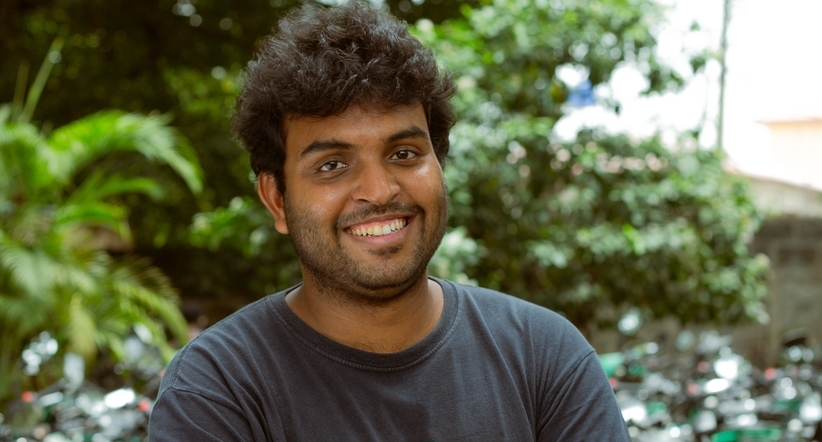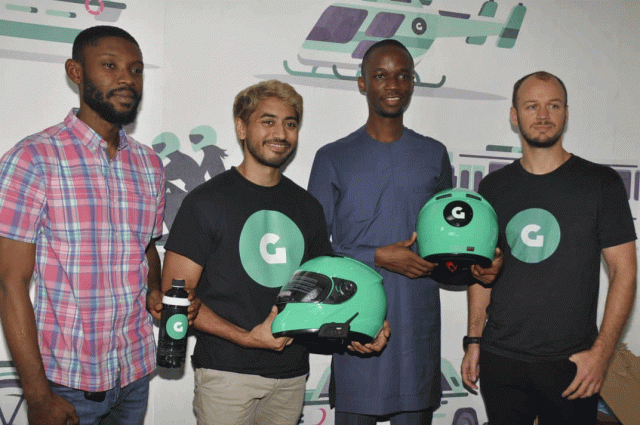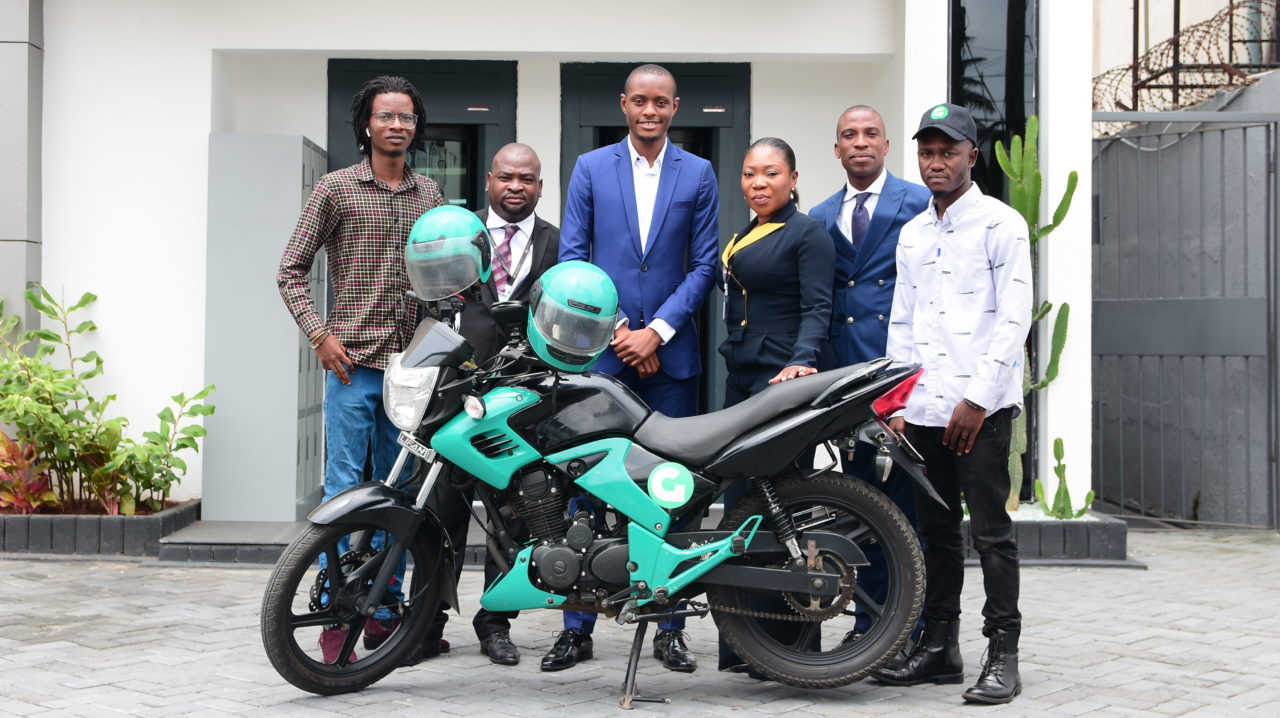Tracking Gokada Founder’s Murder Case: An In-Depth Look at Haspil’s Trial Three Years After Saleh’s Death
In the heart of Manhattan, a chilling tale of betrayal and brutality unfolded, shaking the tech world to its core. The lifeless body of Fahim Saleh, the ingenious mind behind Gokada, the revolutionary motorbike ride-share company in Lagos, Nigeria, was found in his opulent Lower East Side condo. The date was etched in history — July 13, 2020 — a day forever tainted by the horror that transpired.
The scene that greeted Fahim’s sister was nightmarish; a grim tableau etched into her memory. Tyrese Haspil, once the trusted personal assistant, stood callously amidst the macabre scene, dismembering the lifeless form of his tech CEO boss. The cold, calculated brutality of the act sent shivers down the spine of those who learned of it, leaving a trail of fear and devastation in its wake. In a quick and harrowing escape, Haspil vanished, leaving authorities and loved ones grappling for answers.
Four days of relentless pursuit eventually led to the capture of Tyrese Haspil. His alleged reckless spending spree, fueled by Fahim Saleh’s credit cards, proved to be the trail that law enforcement followed to apprehend him. The arrest brought a semblance of relief to those left haunted by the heinous crime, yet justice seemed elusive in the wake of such a ghastly tragedy.
The subsequent court appearances were filled with gripping tension, drawing the public’s eyes to the unfolding drama. Tyrese Haspil’s demeanor, chillingly void of emotion, added an unsettling aura to the proceedings within the hallowed halls of the Manhattan courtroom. As the defense and prosecution navigated the intricate discovery process, the truth of that fateful day began to surface, piece by haunting piece.

The motive behind Fahim Saleh’s murder gradually emerged — a volatile dispute between the CEO and his once-loyal assistant, centered around financial grievances. The prosecution argued that an argument between Saleh and Haspil over an alleged embezzlement of $90,000 had preceded the murder. They painted a disturbing portrait of a premeditated plan; of Haspil meticulously plotting the cold-blooded murder. Allegedly employing a Taser to incapacitate Saleh, followed by the fatal blow dealt on the night of July 12, 2020, an unimaginable act of malevolence came to light. The evidence suggested that Haspil returned to the apartment to clean up the crime scene and dispose of Saleh’s body parts.
As the trial proceeded, the court heard unsettling details that hinted at the suspect’s infatuation with Saleh’s lavish lifestyle. Reports of Haspil audaciously masquerading in the CEO’s upscale apartment, inviting friends to bask in the illusion of a high-rolling life, sent shockwaves through the gallery. Evidence of an electric saw, purchased at a Manhattan Home Depot and left behind as a chilling reminder, served as a haunting testament to the crime’s brutality.

In the courtroom, the defense attorney, Sam Roberts, refrained from providing any comments on the case. However, other legal experts, like Florida defense attorney Mark NeJame, speculated that Haspil’s team might try to build a self-defense claim. Yet, NeJame pointed out the difficulties in such a defense, citing evidence of premeditation, including the possession of a Taser and a butcher knife.
Surveillance footage played a crucial role in the investigation, capturing Haspil with Saleh in the building’s elevator just before the murder. Identifying Haspil as the person in the video could be a critical factor in securing a conviction.
The protracted delays caused by the Covid pandemic further complicated an already intricate case. The pursuit of justice faced unforeseen hurdles, but the yearning for closure among Fahim Saleh’s loved ones remained steadfast, echoing in the chambers of justice.
The loss of Fahim Saleh transcended the boundaries of the tech industry, rippling through the lives of all who knew him intimately. Colleagues and friends were left mourning the passing of an ambitious entrepreneur whose future held boundless promise. His motorcycle ride-share company, Gokada, had been making significant strides in Lagos, Nigeria, and beyond.

As the world stands at the edge of its seat, awaiting the next court date — September 28, 2023 — , one thing remains unequivocal — the legacy of Fahim Saleh endures. The outcome of this trial stands as a solemn monument, commemorating the visionary founder of Gokada, and the pursuit of justice for the harrowing crime that forever have darkened the streets of Manhattan.
Gokada death Gokada death Gokada death
Charles Rapulu Udoh

Charles Rapulu Udoh is a Lagos-based lawyer, who has several years of experience working in Africa’s burgeoning tech startup industry. He has closed multi-million dollar deals bordering on venture capital, private equity, intellectual property (trademark, patent or design, etc.), mergers and acquisitions, in countries such as in the Delaware, New York, UK, Singapore, British Virgin Islands, South Africa, Nigeria etc. He’s also a corporate governance and cross-border data privacy and tax expert.
As an award-winning writer and researcher, he is passionate about telling the African startup story, and is one of the continent’s pioneers in this regard



















